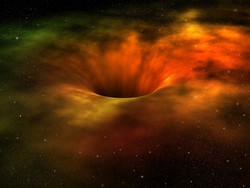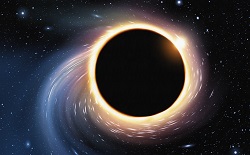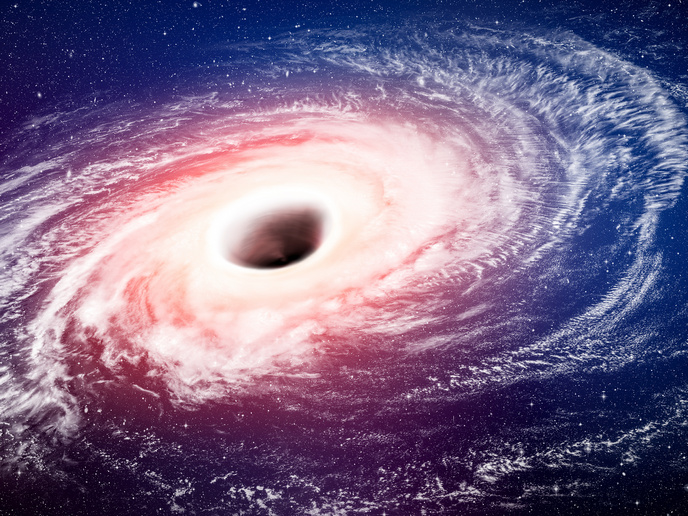On black holes in galaxies
Over the past two decades, our understanding of the group and cluster environments in which most galaxies reside has changed. It has become clear that the 10-million-Kelvin gas which fills these systems cools and flows into the giant elliptical galaxies which dwell in the group centres, eventually fuelling immensely powerful outbursts from their active galactic nuclei (AGN). The jets launched by the AGN can heat the surrounding gas, forming a feedback mechanism which controls the cooling rate and strongly influences the development of the groups and their constituent galaxies. The EU-funded project CAFEGROUPS (Cooling, AGN feedback and evolution in groups) was initiated to study this feedback cycle. An international team of researchers worked to study feedback in nearby galaxy groups, gathering observational evidence and developing new techniques to gain a better understanding of the newly established paradigm. The technological solution envisioned combining data from opposite ends of the electromagnetic spectrum to investigate the impact of black holes on their environment. Low-frequency radio observations were used to trace the jets launched by the black holes, while X-ray data allowed their effects on the 10-million-Kelvin gas of the inter-galactic medium to be determined. Towards this objective, researchers capitalised on their access to highly sophisticated X-ray satellite observatories, the European Space Agency's (ESA) XMM-Newton and the National Aeronautics and Space Administration's (NASA) Chandra. Together with observations from key facilities worldwide, including the Giant Meterwave Radio Telescope in India, CAFEGROUPS studied the influence of black holes on galaxy groups in unprecedented detail. The results of the project have been published in peer-reviewed journals and presented at international conferences. More exciting results are set to emerge from a statistically complete survey of galaxy groups currently under investigation. The CLoGS (Complete Local-Volume Groups Sample) builds on the research undertaken by the CAFEGROUPS team, to provide a clearer view of galaxy groups and the role of black holes in their development.
Keywords
Black holes, galaxy, AGN, CAFEGROUPS, intergalactic medium







